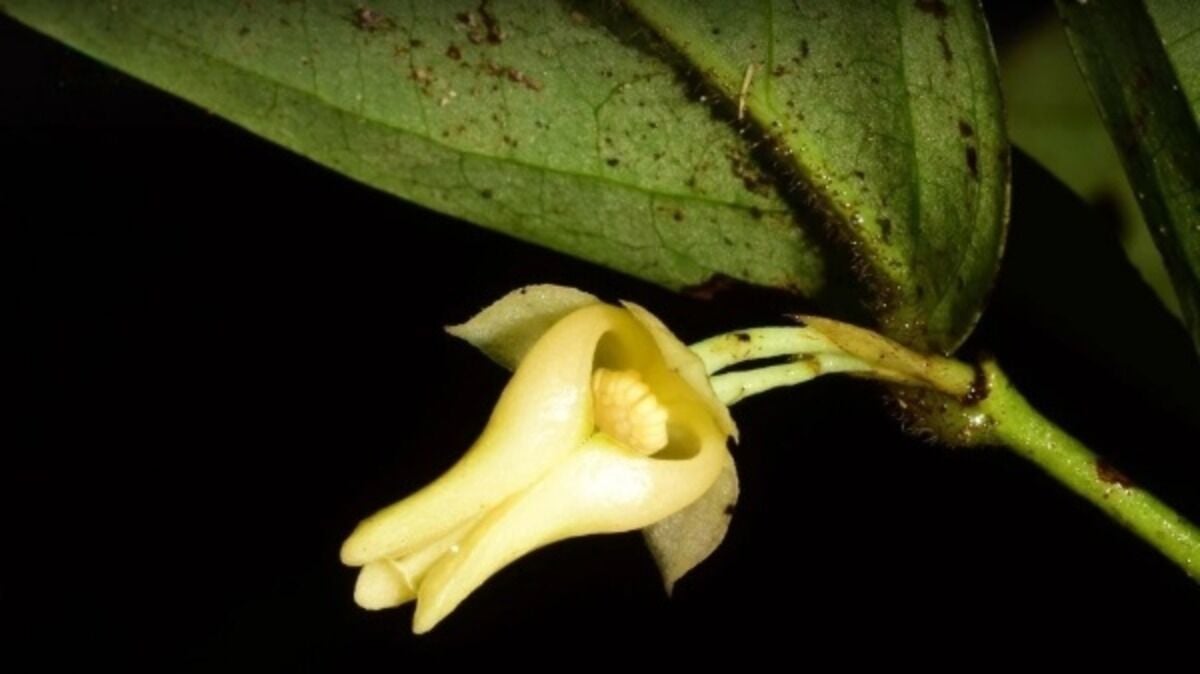New tree species unearthed in Thai Geopark

Researchers from Chiang Mai University have uncovered a brand-new species of Ylang Ylang, or cananga tree, at the Satun UNESCO Global Geopark. Dubbed “Chalermprakiat” in honour of His Majesty the King’s 72nd birthday, this discovery is set to shake the botanical world.
Ylang Ylang, a tropical tree known for its fragrant flowers, is typically found in the Philippines, Malaysia, Indonesia, New Guinea, the Solomon Islands, and Queensland, Australia. This new variant adds Thailand to the map of Ylang Ylang origins.
Officially named Orophea Chalermprakiat Damth., Chanthamrong, & Chaowasku, the discovery was announced in the prestigious journal Phytotaxa, Volume 658, published on July 5.
The unique tree was flourishing in a sinkhole near Tham Talu Cave, in the Khao Khao subdistrict of Langu district, within the boundaries of the Satun UNESCO Geopark – Thailand’s inaugural World Geopark recognised by UNESCO.
Associate Professor Thanawat Chaowaku, from the Department of Biology at Chiang Mai University, spearheaded the research. He detailed the tree’s characteristics: it reaches heights of up to 8 metres and boasts cream-coloured petals.
The inner petals are fused at the base and split at the ends, creating an opening that reveals the stamens and pistils. This distinct structure, coupled with its rarity – only 15 to 20 specimens have been identified – makes the Chalermprakiat truly exceptional.
“We must all contribute to preserving this species to prevent its extinction.”
The Chalermprakiat’s appealing bush shape hints at its potential as an ornamental plant. Furthermore, researchers advocate for in-depth studies on its phytochemicals and biological activities, aiming to explore its medicinal potential.
This discovery is part of the Taxonomy and Phylogeny of Ylang-Ylang Family Plants (Annonaceae) in Thailand project, funded by various Thai research bodies. The collaborative effort includes experts from Songkhla Rajabhat University, the Department of National Parks, Wildlife, and Plant Conservation (DNP), independent researchers, and local communities, reported The Nation.
Latest Thailand News
Follow The Thaiger on Google News:


























